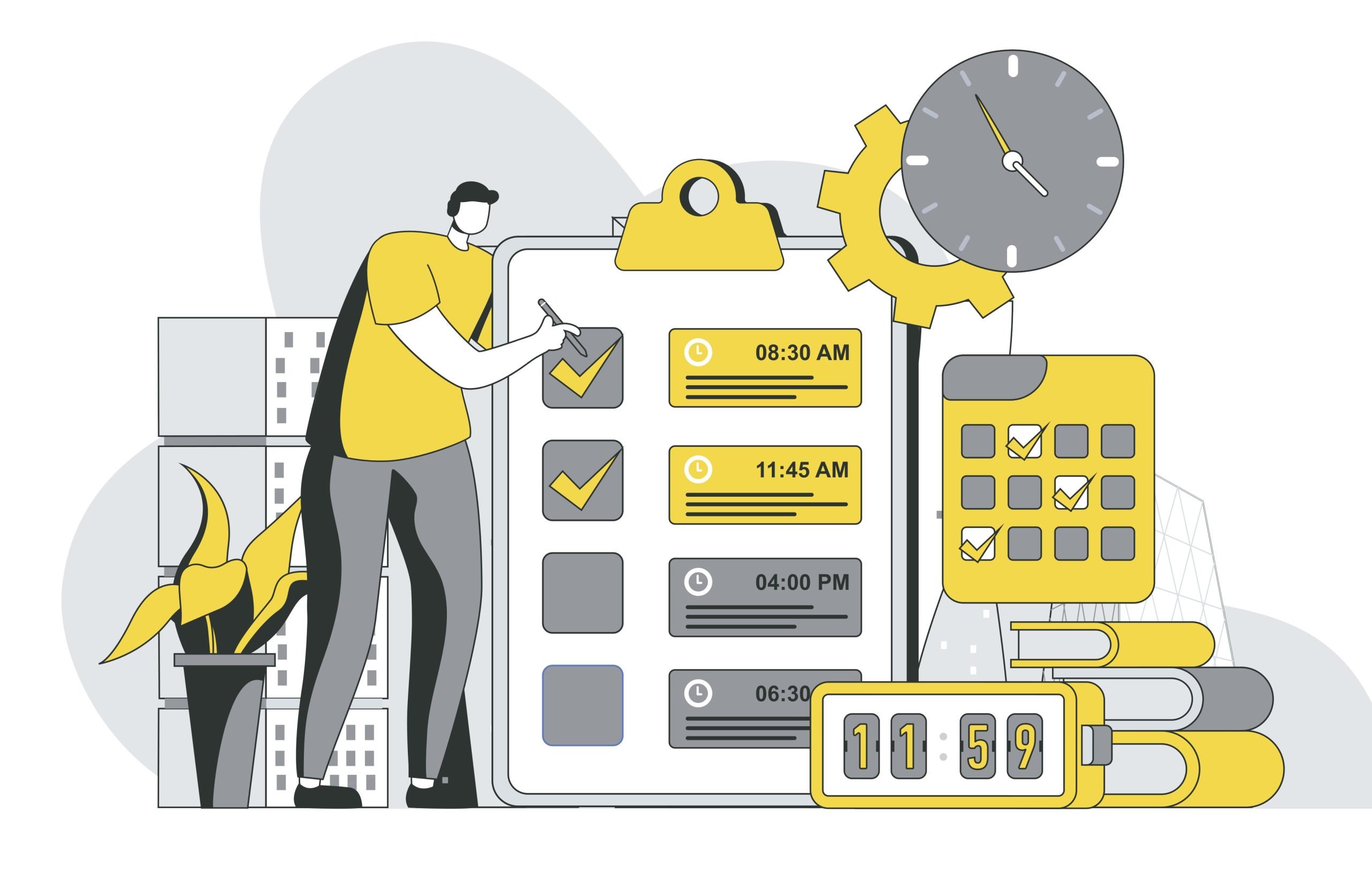I know your high school essays may not have been the literary works your teacher expected and maybe you brushed it off, saying you’ll be an engineer. The only thing you’ll need to write is code, right?
And some documentation, for sure. And some handover instructions, maybe. And Confluence pages. Loads of Slack messages. And those talk submissions for conferences. Some company blog posts. Grant submissions, if you’re aiming high.
What is writing, anyway?
So we’ve established that there is quite a lot of writing involved in being an engineer, and I’ll grant you that you don’t need to do it perfectly to be a good engineer.
But writing is a core skill – in its essence, it’s thinking about a topic and then organizing your thoughts about it. Writing efficiently is just organizing your thoughts so that others can read and understand them as you intended.
Obviously, writing better means you can communicate better with your peers. But would you believe me if I said it can also make you a better developer? Here’s how:
Problem Solving and Critical Thinking
Writing is not just about documenting existing knowledge (although that’s a great habit to have!) but also a tool for problem-solving and critical thinking. The process of articulating thoughts on paper (or screen) forces you to clarify their ideas, identify gaps in their understanding, and refine their thought processes.
Whether it’s drafting a design document, troubleshooting code, or explaining a complex algorithm, writing becomes a medium to crystalize your thoughts and approach problem-solving more systematically.
Effective Communication
I’m going to go on a limb and say you probably work in a team, and your job comprises conveying ideas, updates and feedback. Being able to communicate your ideas clearly and effectively is crucial in such a setting. Writing basically forces you to organize your thoughts and present them in a structured and concise manner. It also teaches you how to tailor your message to your audience, which is essential when working with people who have different levels of technical expertise.
Identifying and fixing errors
When you’re writing, you’re constantly reviewing and editing your work to make sure it’s error-free. This same skill applies to coding, where you need to be diligent in finding and fixing bugs in your code. Writing also helps you develop a critical eye for detail, which can be especially useful when reviewing code written by others.
Career Growth and Learning
Writing about your experiences and insights is also an awesome personal and professional development tool. When you document their challenges, successes, and lessons learned, they not only do you contribute to the community but also create a valuable repository for your own reference. Looking back at past writings can offer insights into personal growth, evolving perspectives, and a tangible record of achievements.
Additionally, writing forces you to stay updated with industry trends, new technologies, and best practices. Keeping a blog, contributing to technical forums, or even sharing thoughts on different communication channels can be a powerful way to stay engaged with your fellow developers.
This is why we have a writing program at Infobip – if you want to know more about it, you can watch a recording of my talk on DevRelCon or reach out to me for more detail!


